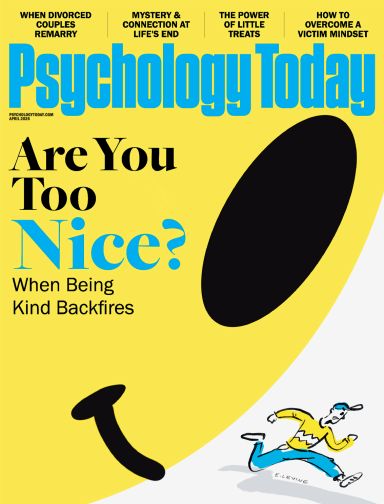Refusing to acknowledge the similarity of results of running over chicks with a lawn mower or the maceration of live chicks in the egg industry is not rationalization it is compartmentalization.
That's just silly. Of course eating animals is a rationalization. You keep trying to define the rule (eating animals) by the exception (animals getting killed by lawn mowers). How many animals die from slaughter for food (rule)? How many animals die from getting run over with a lawnmower (exception)?
So do people compartmentalize the death of animals that are eaten by humans? Or do people rationalize that there is nothing wrong with it? Keep in mind that over the course of a long human life they may eat parts of an animal 87,600 times. Are you telling me that over 80 years they hide the fact from themselves that they are eating an animal? Or does it make more sense that they have rationalized that eating parts of an animal 87,600 times that it wasn't wrong?
when you say that the killing of an animal in one instance is cruel but you refuse to acknowledge that the killing of an animal for food is cruel you are compartmentalizing so as to avoid cognitive dissonance.
But I don't do that. But if I did I would be rationalizing it. Not compartmentalizing it.
So you don't think it's cruel to macerate newly hatched birds alive.
Interesting.
I think you are trying to define a rule through an exception and that it shows you don't have good arguments. As a rule, victims compartmentalize and aggressors rationalize.
You think compartmentalization only applies in cases of trauma and you are wrong, of course.
No. I think you are trying to apply it in exclusion to the main reason people deny reality which is rationalization.
I am applying it directly to cognitive dissonance.
Compartmentalization is a defense mechanism in which people mentally separate conflicting thoughts, emotions, or experiences to avoid the discomfort of contradiction. That uncomfortable state is called cognitive dissonance, and it’s one that humans try to avoid, by modifying certain beliefs or...

www.psychologytoday.com
Compartmentalization is a defense mechanism in which people mentally separate conflicting thoughts, emotions, or experiences to avoid the discomfort of contradiction.
That uncomfortable state is called
cognitive dissonance, and it’s one that humans try to avoid, by modifying certain beliefs or behaviors or through strategies like compartmentalization.
